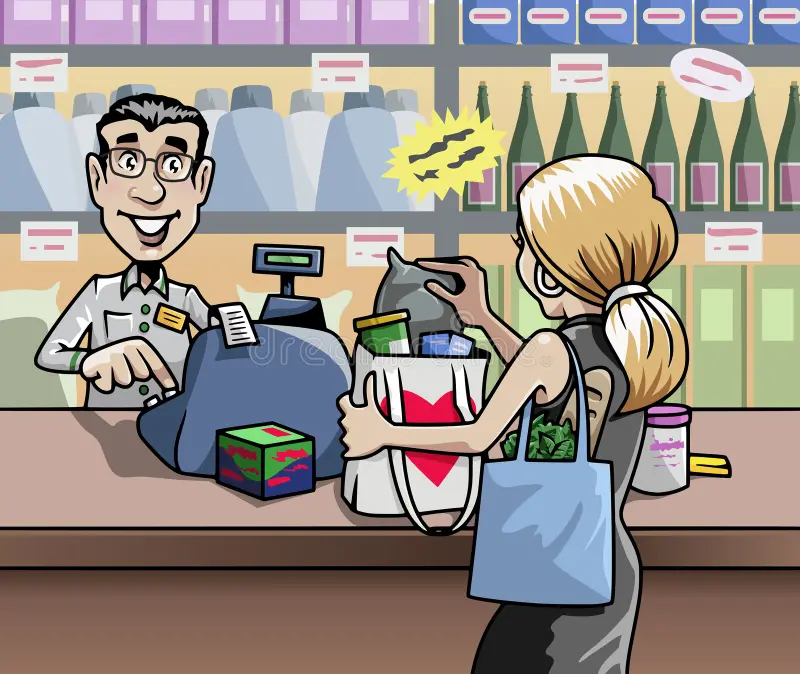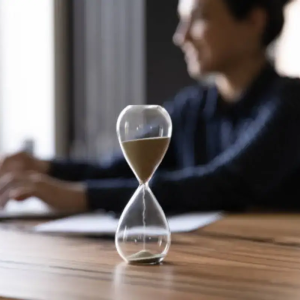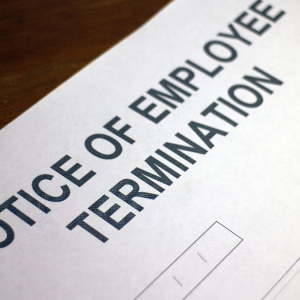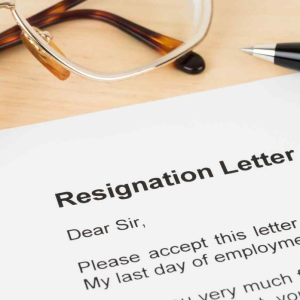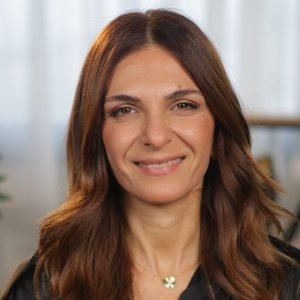When you visit or live in the Middle East, especially in bustling cities like Dubai, Abu Dhabi, Doha, or Riyadh, one thing becomes clear — people genuinely appreciate it when you make the effort to speak a little Arabic. Even if it’s just a few polite words here and there, it instantly earns you smiles, better service, and sometimes even heartwarming conversations.
Whether you’re hopping into a taxi after a long day at the mall or bargaining for souvenirs at a busy market, knowing a few kind and respectful Arabic phrases can completely change your experience. It bridges the gap between cultures and makes day-to-day interactions smoother and far more pleasant.
In this article, I’ll walk you through some of the simplest, warmest, and most polite Arabic words and phrases you can use with taxi drivers and shopkeepers across the Middle East. The best part? You don’t have to be fluent — just a few words said with a smile can make all the difference.

Why It Matters to Learn a Few Arabic Words
You might wonder, “Is it really necessary?” In most big cities in the Gulf, English is widely spoken, especially in tourist-friendly areas. But using Arabic, even sparingly, shows respect for the local culture. It signals that you value the place you’re in and the people you meet.
Taxi drivers and shopkeepers often work long, demanding hours. A small effort in their language can lift their mood and make their interaction with you a little brighter. It’s a simple human connection — and those are the moments you’ll remember long after your trip ends.

Starting With the Basics: Greetings
A good conversation, no matter how brief, begins with a greeting. Here are a few polite and friendly Arabic greetings you can use:
- “As-salamu alaykum” (السلام عليكم) — Peace be upon you.
A traditional and very respectful greeting. The typical response is “Wa alaykum as-salam”. - “Marhaba” (مرحبا) — Hello.
A casual, friendly hello you can use anywhere. - “Sabah al-khair” (صباح الخير) — Good morning.
Say this when you enter a shop in the morning or greet a taxi driver at the start of the day. - “Masa’ al-khair” (مساء الخير) — Good evening.
A polite evening greeting.
Even if the conversation continues in English afterward, opening with a warm Arabic greeting will win you immediate goodwill.
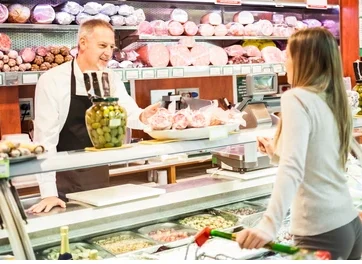
Phrases for Taxi Drivers
Taxi rides are an everyday experience in many Middle Eastern cities, and being courteous to your driver makes for a far more comfortable journey. Here are some phrases you might find useful:
- “Min fadlak” (من فضلك) — Please.
Use this before giving directions or requests. - “Shukran” (شكرا) — Thank you.
A universal word to express gratitude. Always thank your driver when paying or getting out. - “Kam el meter?” (كم العداد؟) — How much is the meter?
Helpful to check if the meter is running properly. - “Ana ‘aiz aruh…” (أنا عايز أروح…) — I want to go to…
Substitute the place at the end of this sentence.
For example: “Ana ‘aiz aruh Dubai Mall.” - “Hal mumkin tefath el ta’reefa?” (هل ممكن تفتح التعريفة؟) — Can you turn on the meter, please?
Useful if you notice it hasn’t started. - “Maashi” (ماشي) — Okay or Alright.
A casual way to agree or confirm directions. - “Hena law samaht” (هنا لو سمحت) — Here please.
When you want the driver to stop. - “Asef” (آسف) — Sorry.
If you made a mistake in the directions or need to correct something.
Taxi drivers, especially those who have been working long hours, often appreciate a friendly passenger who speaks a little Arabic. It’s a small gesture, but one that creates a more relaxed and human atmosphere inside the car.
Polite Phrases for Shopkeepers
Whether you’re at a modern shopping mall, a quaint spice market, or a tiny corner shop, a polite word or two in Arabic can make your shopping experience more enjoyable. Shopkeepers respect customers who are courteous and kind.
Here are some phrases you can use:
- “Bikam haza?” (بكم هذا؟) — How much is this?
A great question when you’re curious about the price of an item. - “Min fadlak, ‘ayz ashuf da” (من فضلك، عايز أشوف دا) — Please, I want to see this.
Useful when pointing at something you’d like to take a closer look at. - “Law samaht” (لو سمحت) — Excuse me / Please.
Use it to politely get attention or make a request. - “Shukran kteer” (شكرا كتير) — Thank you very much.
A heartfelt way to show appreciation. - “Andak ghair hadha?” (عندك غير هذا؟) — Do you have another one?
When asking for a different color, size, or style. - “Kam aakhir se’er?” (كم آخر سعر؟) — What’s the final price?
A handy phrase for negotiating in markets or souks. - “Mumkin akhud sora?” (ممكن أخد صورة؟) — Can I take a picture?
If you want to snap a photo of a shop or product. - “Asef, mish ‘ayz” (آسف، مش عايز) — Sorry, I don’t want it.
Politely decline if you’re not interested.
You’ll be surprised how differently shopkeepers respond when you add these polite touches to your conversation. Many may even lower the price, offer extras, or simply beam with delight.
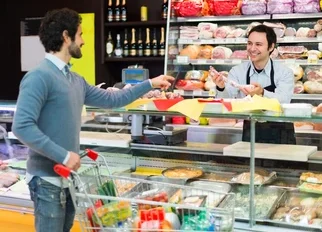
Body Language Matters Too
In Middle Eastern culture, body language is just as important as words. Always:
- Smile when you greet someone.
- Make gentle eye contact.
- Place your right hand on your chest when expressing thanks or appreciation — a classic gesture of sincerity.
- Avoid overly loud or aggressive tones.
- Don’t point with a single finger — use your whole hand or gesture gently.
These non-verbal signs, combined with polite words, communicate warmth, respect, and good manners.
Words of Encouragement and Praise
Another wonderful way to connect with taxi drivers and shopkeepers is by offering compliments or kind words. Here are a few to keep in your pocket:
- “Mashallah” (ما شاء الله) — What God has willed.
Used to express admiration or appreciation. If your driver shares that he’s from a beautiful city, or the shopkeeper shows you a handmade item, say Mashallah. - “Tabarakallah” (تبارك الله) — Blessings of God.
Similar to Mashallah, often used for praise. - “Allah yebarek fik” (الله يبارك فيك) — May God bless you.
A lovely phrase when someone does something kind for you. - “Shoghlak helw kteer” (شغلك حلو كتير) — Your work is very beautiful.
Perfect when admiring a handmade item in a market.
These phrases go beyond simple transactions — they create human moments that are kind, thoughtful, and deeply appreciated.
What to Say When Leaving
Always leave on a good note. Whether it’s after a ride or a shop visit:
- “Ma’a as-salama” (مع السلامة) — Goodbye or Go in peace.
A warm, polite farewell. - “Ashofak bokra” (أشوفك بكرة) — See you tomorrow.
If you’re returning to the same shop or driver. - “Leila sa’eeda” (ليلة سعيدة) — Good night.
At the end of the evening.
Kindness is remembered, especially in places where service workers often deal with difficult or indifferent customers. A simple farewell said with warmth can make someone’s day.

Final Thoughts
Learning a handful of polite Arabic words isn’t about fluency — it’s about connection. It shows respect, creates positive moments, and makes everyday interactions in Middle Eastern cities so much more personal and memorable.
Next time you’re in a taxi, or browsing through a souk, try slipping in a “Shukran”, “Law samaht”, or “Kam aakhir se’er?”. You’ll find that doors open, conversations brighten, and people welcome you with genuine warmth.
Language has the power to unite us — and sometimes, even a single word can turn a simple encounter into a beautiful human connection.
Do follow UAE Stories on Instagram

